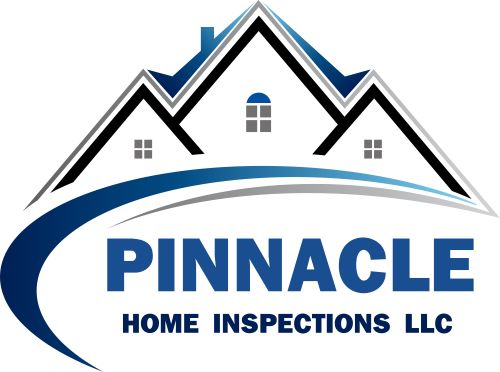
inspections are essential for new construction
When purchasing a newly constructed home, many buyers assume that since everything is brand new, a home inspection is unnecessary. However, this assumption can be costly. A professional home inspection is just as crucial for new construction as it is for older homes, ensuring that the house is built to standard and free of defects that could lead to significant problems down the line.
Common Issues Found in New Construction
Despite the rigorous building codes and inspections required for new homes, mistakes and oversights can still occur. Some common issues found in new construction homes include:
Structural Defects: Poor framing, foundation cracks, and improperly installed load-bearing elements can compromise the stability of the home.
HVAC Problems: Improperly installed or sized heating and cooling systems can lead to inefficiencies, high energy costs, and discomfort.
Electrical Issues: Faulty wiring, incomplete circuits, or improperly installed outlets can create safety hazards.
Plumbing Deficiencies: Leaks, improper drainage, and poorly installed fixtures can cause water damage and mold issues.
Roof and Attic Defects: Missing shingles, poor ventilation, or inadequate insulation can lead to costly repairs.
Why a Home Inspection is Necessary
Identifying Hidden Problems – Even the best builders or their crews can make mistakes, and some defects may not be immediately visible. A professional home inspector will identify potential issues before they become expensive repairs.
Ensuring Code Compliance – While new homes must pass municipal inspections, these checks do not always catch every problem. A third-party inspection provides an additional layer of verification.
Quality Assurance – Builders often work with multiple subcontractors, increasing the chance of inconsistencies in craftsmanship. A home inspection helps ensure that work is completed to a high standard.
Negotiation Power – If the inspection uncovers defects, buyers can request repairs before closing, saving money and hassle in the long run.
Peace of Mind – Knowing that your new home is safe, properly constructed, and free of major defects provides confidence in your investment.
Types of Inspections for New Construction
To ensure thorough oversight, consider scheduling multiple inspections throughout the building process:
Pre-Drywall Inspection: Conducted before the walls are sealed, this allows the inspector to check electrical, plumbing, and framing components.
Final Inspection: A standard home inspection performed before closing to identify any last-minute issues.
Warranty or 11th Month Inspection: Conducted before the builder’s warranty expires (typically one year), this helps catch issues that may have arisen after moving in.
Conclusion
While buying a new construction home can be exciting, it’s essential to take proactive steps to ensure its quality. Investing in a professional home inspection provides valuable protection, saving homeowners from unexpected costs and stress in the future. Before closing the deal on your brand-new home, be sure to schedule a thorough inspection—your future self will thank you.

.png)